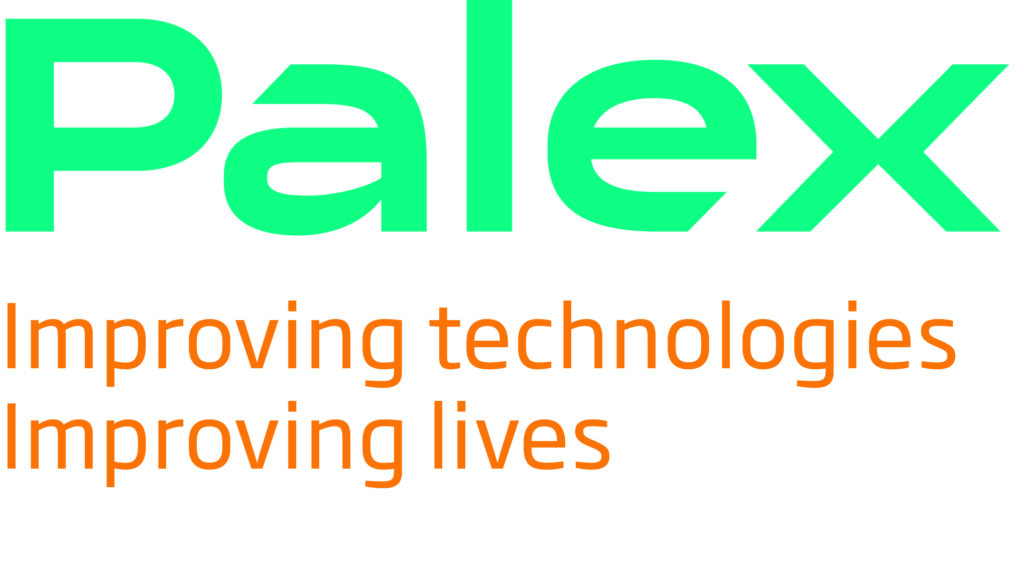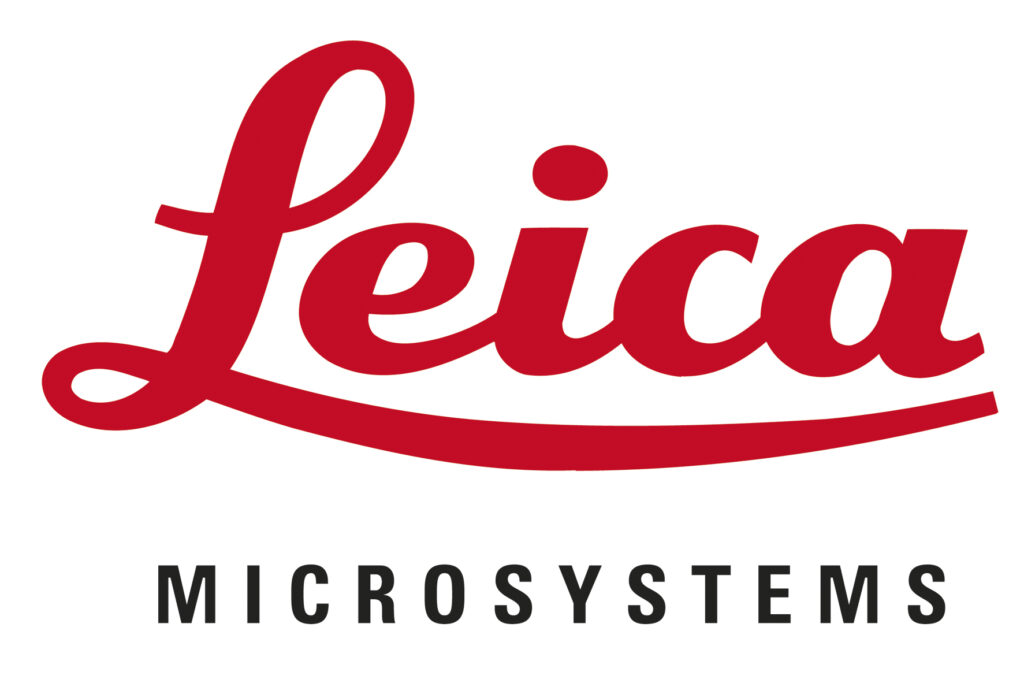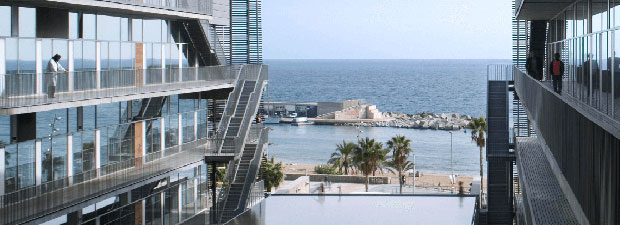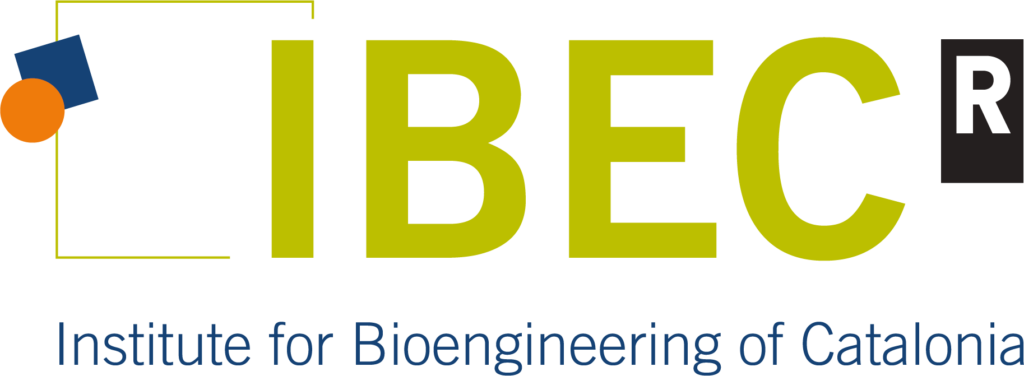4th edition EMBL-IBEC Conference
ENGINEERING MULTICELLULAR SYSTEMS
11th - 13th March 2026 · PRBB, Barcelona
4th edition EMBL - IBEC Conference
Engineering Multicellular Systems
EMBL and IBEC aim to contribute to the discussion on challenges and opportunities in the expanding field of engineered multicellular systems.
Recent breakthroughs in stem cell biology, organ-on-chip assays, 3D bioprinting, and cell mechanobiology have revolutionized our ability to design and assemble multicellular living systems, from organoids to embryos.
This biennial series will focus on how engineering such systems is advancing our understanding of tissue and organ function, with applications in disease modeling, developmental biology, and regenerative medicine.
#EMBL_IBECConf
SESSION TOPICS
SPONSORed by:



IMPORTANT DEADLINES
Abstract submission: 09/12/2025 → 06/01/2026
For late submissions contact ibecevents@ibecbarcelona.eu
Notification of acceptance: 12/01/2026 → 23/01/2026
Early registration: 20/01/2026 → 05/02/2026
Late registration: 25/02/2026
VENUE
Carrer Dr. Aiguader, 88

REGISTRATION AND FEES
| EARLY BIRD RATE Payment before/on 05/02 |
480€ |
| LATE RATE Payment after 05/02 |
570€ |
VAT included
The registration fee covers attendance to all sessions, lunches and coffee/tea breaks during the conference and conference materials
SPONSORSHIP OPPORTUNITIES
For any queries about the conference, including opportunities for collaborations or sponsorship, please contact with: ibeccommunications@ibecbarcelona.eu
Or fill in the contact form below and we will be in contact with you shortly:
SPEAKERS
PROGRAMME (TBA)
| 08:30 – 09:10 | Registration |
| 09:10 – 09:30 | Opening remarks |
| Session 1 | Chair: James Sharpe |
| 09:30 – 10:00 | Barbara Treutlein |
| 10:00 – 10:30 | Nicolas Rivron |
| 10:30 – 10:45 | Short Talk: Andrea Iglesias-Ramas |
| 10:45 – 11:00 | Time for sponsor |
| 11:00 – 11:30 | Coffee Break |
| Session 2 | Chair: Josep Samitier |
| 11:30 – 12:00 | Manuel Salmeron |
| 12:00 – 12:15 | Short Talk: Shailaja Seetharaman |
| 12:15 – 12:45 | Hannah Stuart |
| 12:45 – 13:15 | Flash talks |
| 13:15 – 14:45 | Lunch and Poster session (odd numbers) |
| Session 3 | Chair: Vikas Trivedi |
| 14:45 – 15:15 | Eduard Hannezo |
| 15:15 – 15:30 | Short Talk: Benjamin Swedlund |
| 15:30 – 16:00 | Coffee break |
| 16:00 – 16:30 | Samira Musah |
| 16:30 – 16:45 | Short Talk: Viola Introini |
| 16:45 – 17:15 | Ewa Paluch |
| Session 4 | Chair: Kristina Haase | |
| 09:00 – 9:30 | Kristina Haase | |
| 9:30 – 10:00 | Renske Vrooman | |
| 10:00 – 10:15 | Short Talk | |
| 10:15 – 10:45 | Short Talk: Jordi Comellas | |
| 10:45 – 11:15 | Coffee Break | |
| Session 5 | Chair: Kristina Haase | |
| 11:15 – 11:45 | Eduard Batlle | |
| 11:45 – 12:00 | Short Talk: Ricard Alert | |
| 12:00 – 12:30 | Mingxia Gu | |
| 12:30 – 13:15 | Flash talk | |
| 13:15 – 13:20 | Group photo | |
| 13:20 – 14:30 | Lunch and Poster session (even numbers) | |
| Session 6 | Chair: Zaida Alvarez | |
| 14:30 – 14:50 | Short Talk: Marion Raich | |
| 14:50 – 15:20 | Nikta Fakhri | |
| 15:20 – 15:50 | Speaker: Daniel Selma Herrador | |
| 15:50 – 16:15 | Cofee break | |
| 16:15 – 16:30 | Short talk: Paula Belska | |
| 16:30 – 17:00 | Lauren Saunders | |
| 17:00 – 17:15 |
|
| Session 7 | Chair: Xavier Trepat |
| 09:00 – 9:30 | Lorenzo Moroni |
| 9:30 – 9:45 | Short Talk: Benoit Sorre |
| 9:45 – 10:15 | Sebastian Streichan |
| 10:15 – 11:15 | Coffee break and Poster session |
| 11:45 – 12:15 | Lauren Saunders |
| 12:15 – 12:30 | Short Talk: Clara Delahousse |
| 12:30 – 13:00 | Scott Fraser |
| 13:00 – 13:15 | Closing remarks and farewell |
POSTER SESSION
The conference includes poster sessions and contributed oral presentations where you will have the opportunity to present your work and discuss it with your colleagues.
Abstract submission deadline: 21/01/2024
Notification of acceptance: 13/02/2024
ABOUT US
EMBL Barcelona
Scientists at EMBL Barcelona explore how tissues and organs function and develop, in health and disease.
We combine a number of themes and approaches to achieve this:
- The development and use of 3D in vitro models, (organoids, vascular systems, and others) where the dynamic structure and function of multicellular systems is more accessible to measurement and manipulation than in vivo.
- Quantitative approaches and computational modelling, to create more a rigorous understanding and predictions of the dynamics of multicellular systems.
- 3D and 4D mesoscopic imaging tailored towards tissues, organs and organoids. We develop and improve these state-of-the-art technologies, as well as using them for our research.
- An engineering and synthetic philosophy, in which building and creating new biological models is a key part of understanding and controlling them.
Using these approaches, EMBL Barcelona studies a variety of multicellular questions:
- Organogenesis – how a complex mammalian organ (the limb bud) develops, grows and organises itself during development.
- Scaling – how dynamic patterning processes change their relative speeds and sizes, across different tissues and species.
- Self-organisation – how collectives of cells spontaneously break-symmetry and cooperate to organise themselves into functional tissues.
- Vasculogenesis – how blood vessels organise themselves into networks, and how this can be harnessed for improved tissue engineering and disease modelling.
- Vascular diseases – how genetic or infectious diseases interact with vascular system to cause pathologies, such as malaria.
Institute for Bioengineering of Catalonia (IBEC)
The Institute for Bioengineering of Catalonia (IBEC) is a leading-edge multidisciplinary research centre based in Barcelona that conducts excellent research at the frontiers of basic and life sciences linked with engineering to generate new knowledge and applications that helps to enhance health and quality of life.
IBEC create wealth by putting together biophysics, cell engineering, nanomedicine, biomaterials, tissue engineering and the applications of information technology to health.
IBEC is a non-profit-making foundation set up in 2005 by the Departments of Health and Innovation, Universities and Enterprise of the Government of Catalonia, the University of Barcelona and the Technical University of Catalonia.
At IBEC, frontier research is combined with specific transfer targets to produce new applied technologies to be used in life and health sciences. We have the versatility to generate excellent research and, at the same time, work with clinicians and industry to develop new diagnostic or treatment systems. The model envisaged by IBEC is inspired by a creative, innovative new ecosystem based on interaction between research experts in different enabling technologies (nano-bio-info-cogno) to generate new knowledge and engineering solutions in health technology.
The knowledge that exists in IBEC is placed at the service of science and society to progress in three major research programmes:
- Bioengineering for future medicine, with the aim of developing technology that goes beyond the existing paradigm of medical care in hospital to incorporate new areas such as personalize medicine, tailoring diagnostic and therapies to the individual, optopharmacology, diagnosis and therapies based on mechanobiology and nanomedicine.
- Bioengineering for active ageing, with the aim of developing care and technology and improve the quality of life of an increasing older population. Assisted living technologies such as mobile health solutions, including home-based devices and services for remote monitoring, consultation and diagnosis are developed.
- Bioengineering for regenerative therapies, with the aim of developing regenerative technologies to allow the creation of implants able to bring about the regeneration of damaged tissues or organs and to develop cell therapies.


